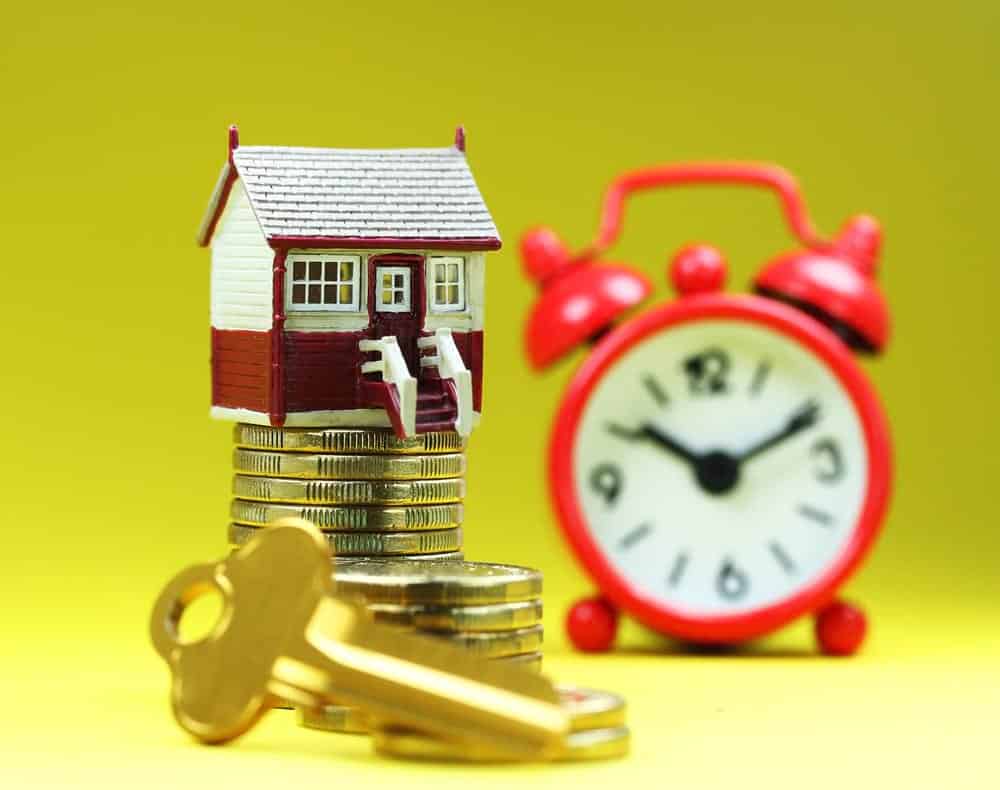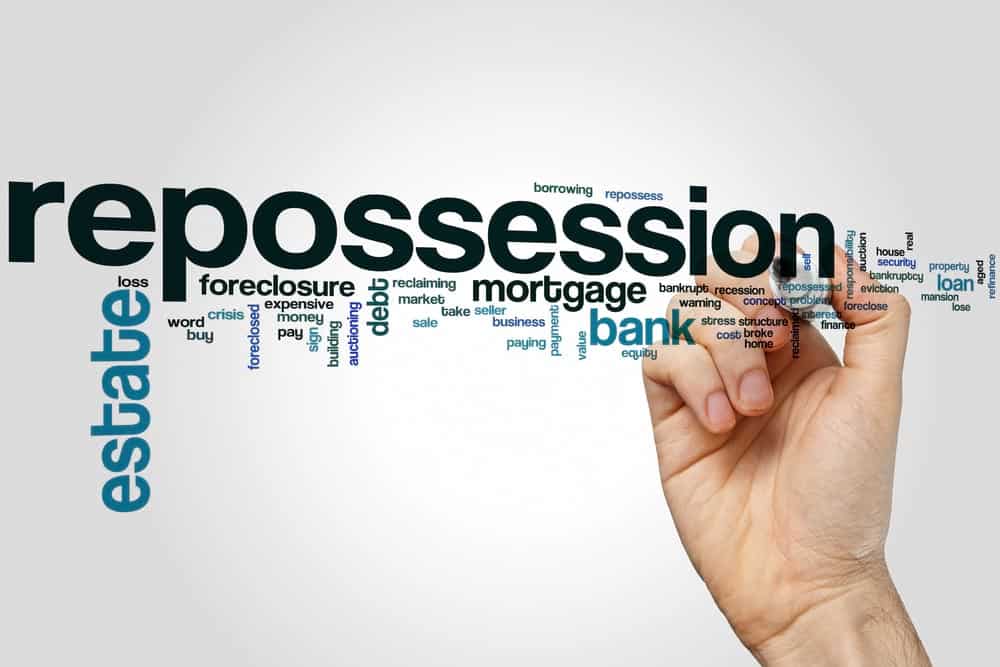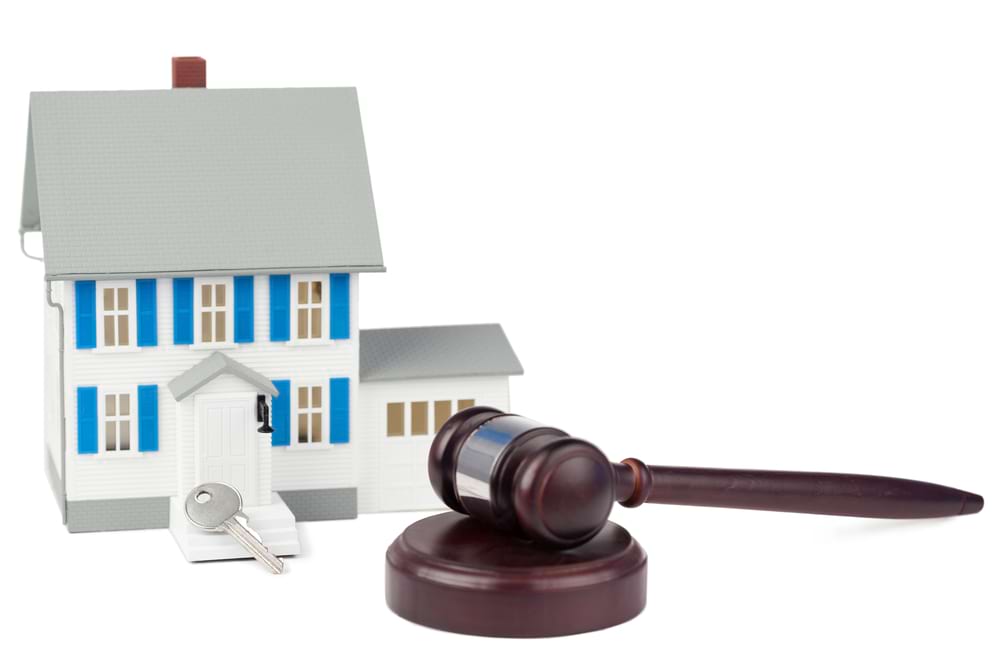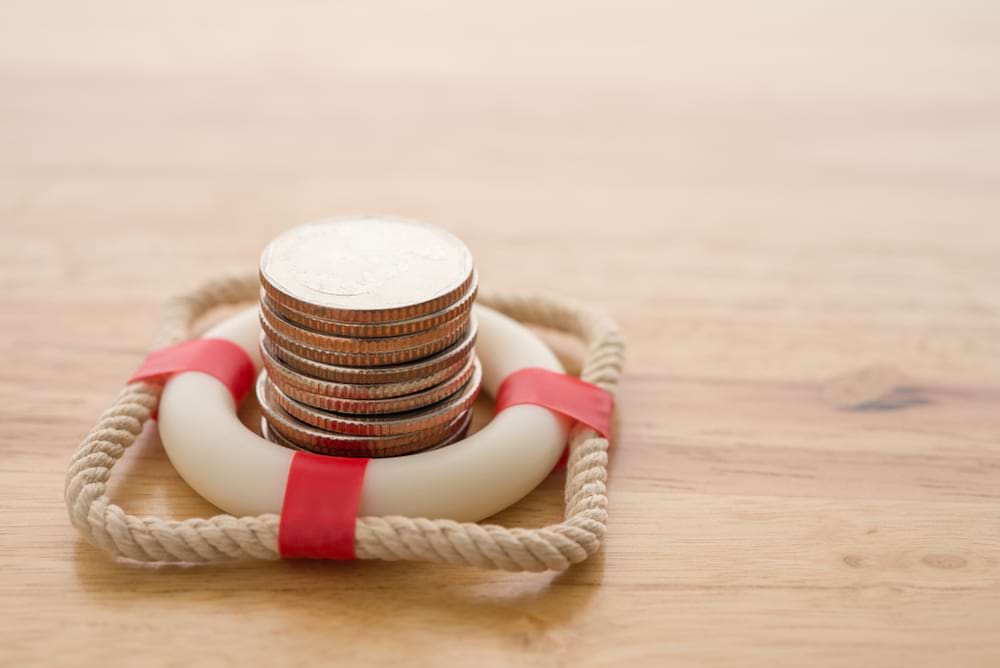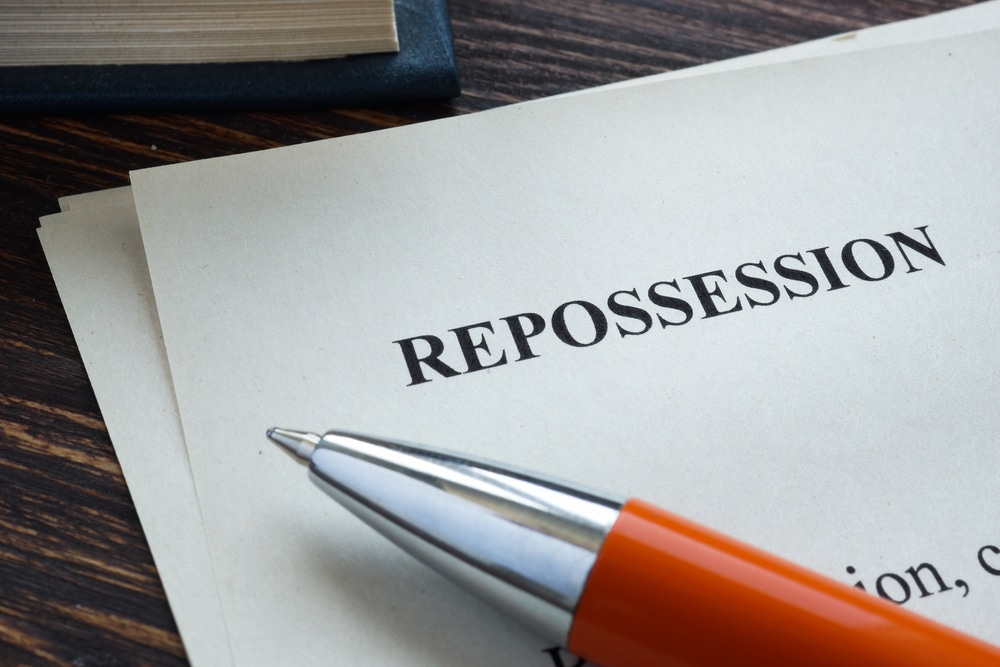When you apply for a mortgage, your credit history matters.
If you have have your house repossessed in the past, it could impact your credit history.
Read on to find out how repossession affects your credit history and what you can do about it.
Does repossession have an effect on credit score?
Yes, repossession will have a significant impact on your credit score in the UK.
You will be considered a major risk for all lenders for at least five to seven years afterwards.
This is because you have already defaulted on a payment – and lenders look at previous behavior as a sign of future behaviour.
This doesn’t mean that you won’t be able to get a mortgage. It depends on your circumstances – some lenders will give you a mortgage with bad credit.
Settlements
If you previously agreed on a settlement with your mortgage lender, it will have a negative impact on your credit score.
However, it will also show lenders that you tried to pay back what you could at the time.
So, the damage may not be as significant compared with if you did not pay anything back at all.
Do late payments affect on my credit score?
Even if your house is never entirely repossessed, late mortgage payments will still result in a negative item on your credit report.
Each time this happens, your report will get worse, and this will eventually impact the offers you receive from lenders in the future.
How late your payment was will also make a difference – for example, one day late versus one month late.
What credit score do you need for a mortgage?
Each mortgage lender has a different threshold for risk.
So the credit score you need to secure a mortgage will vary for each company.
However, the better your credit score is, the more likely you are to be given a mortgage.
And you are more likely to be given lower interest rates.
Rebuilding your credit
If your house has been repossessed, don’t lose all hope.
It is possible for you to build up your credit score again and secure a mortgage in the future.
Time matters
The impact of the repossession on your credit score decreases as time passes.
Pay off outstanding debts
Focus on paying off any outstanding debts to demonstrate improved financial responsibility.
Debt management companies are advice on this, including on how to consolidate and manage debts.
Use available support
Relatives and friends may be willing to support you.
You might also be liable for support from the government, too.
Universal credit is available for homeowners, too.
Establish new credit
Consider applying for a secured credit card or a credit-builder loan to establish a positive credit history.
Make timely payments to rebuild trust with lenders.
Practice responsible financial habits
Maintain a budget, make regular payments on time, and avoid taking on more debt than you can handle.
Monitor your credit
Stay vigilant by regularly monitoring your credit reports and disputing any inaccuracies.
Tracking your progress can motivate you on your journey to credit recovery.
Selling your house to We Buy Any Home
We know that these are difficult times, and we are here to do anything we can to help.
If you need to stop house repossession, we might be able to help.
